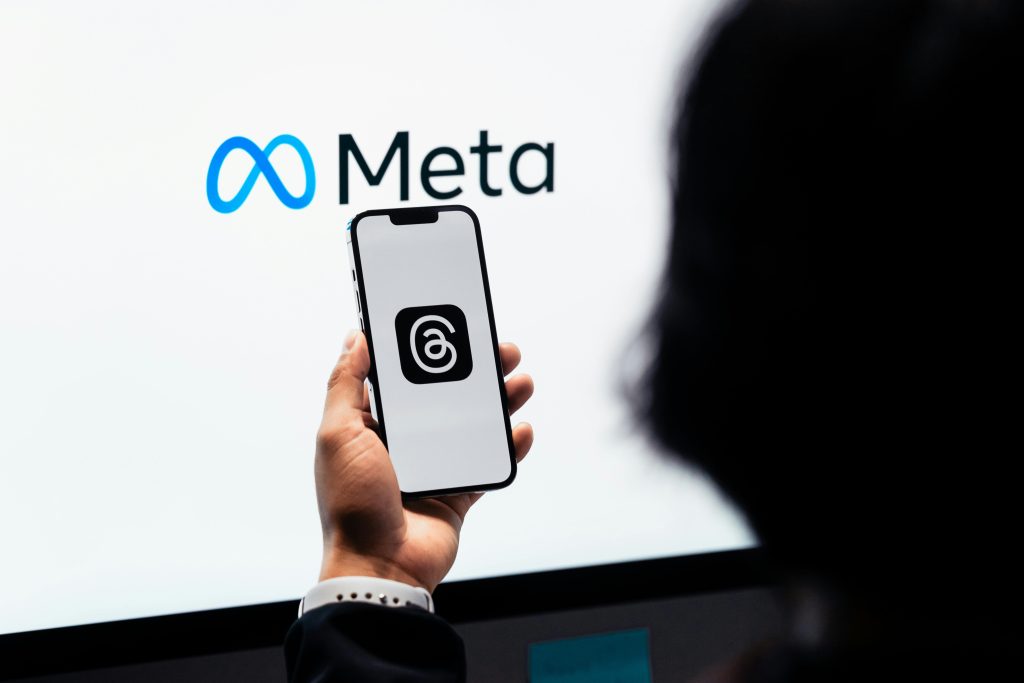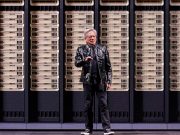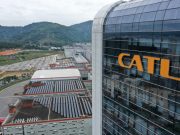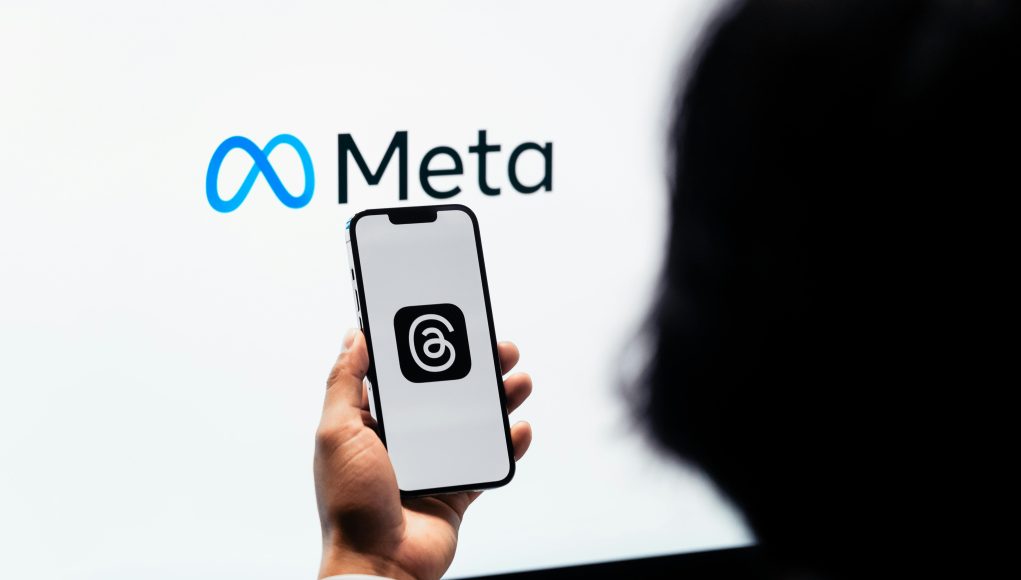
(Singapore, 23.10.2025)Meta Platforms Inc., the parent company of Facebook and Instagram, is cutting about 600 positions from its artificial intelligence division as part of a restructuring effort aimed at making its AI organization leaner, faster, and more efficient.
The layoffs will affect several teams within Meta’s Superintelligence Labs, including the Facebook Artificial Intelligence Research (FAIR) unit, product-related AI teams, and AI infrastructure groups, according to reports from Reuters citing an internal company memo.
A newly established division known as TBD Lab, which consists of a few dozen researchers and engineers working on Meta’s next generation of foundation models, will not be affected by the cuts.
In a memo to employees, Meta’s Chief AI Officer Alexandr Wang said the changes are designed to make the company’s AI operations “more flexible and responsive.” Smaller teams, he added, would enable faster decision-making and give each role greater scope, responsibility, and impact.
The memo also noted that Meta would encourage affected employees to apply for other roles within the company, with most expected to find new positions internally.
Meta did not immediately respond to a request for comments from Reuters, and no further public statements have been made beyond internal communication.
The 600 affected roles represent a small portion of the thousands of people employed across Superintelligence Labs, which oversees Meta’s global research and product development in artificial intelligence.
The job cuts come just a day after Meta announced a US$27 billion financing deal with Blue Owl Capital, the company’s largest private capital agreement to date.
According to reports, the funds will support Meta’s largest-ever data center project, which will provide the massive computing infrastructure needed to train and run advanced AI models.
Analysts said the deal will enable Meta to pursue its large-scale AI ambitions while reducing upfront costs and financial risk. By involving external capital, Meta retains a smaller ownership share in the project but avoids bearing the full financial burden.
Restructuring the AI Division
The latest workforce reduction follows a major reorganization in June 2025, when Meta consolidated its AI operations under Superintelligence Labs.
The move brought together its foundation, product, and research teams — including FAIR — under one centralized structure. The restructuring came after several senior staff departures and a lukewarm reception for Meta’s open-source Llama 4 model, Reuters reported.
Following that reorganization, CEO Mark Zuckerberg personally led an aggressive hiring campaign to revitalize Meta’s AI development efforts. At the time, he described AI as one of Meta’s top priorities and pledged to invest heavily to strengthen its research capabilities and expand its product portfolio.
Big Spending on “Superintelligence”
In July, Zuckerberg revealed that Meta plans to spend hundreds of billions of dollars over the coming years to build several massive AI data centers dedicated to what he described as “superintelligence” — a theoretical stage where machines could match or even surpass human cognitive capabilities.
Those remarks reinforced Meta’s long-term vision of making AI a core part of its business, even as it faces growing infrastructure costs and intense competition across the industry.
The company has described Superintelligence Labs as the cornerstone of its AI strategy, bringing together researchers, engineers, and infrastructure experts to develop systems that could power future Meta products and services.
Meta’s journey in artificial intelligence began in 2013, when it launched FAIR to advance research in deep learning and machine intelligence.
FAIR is led by Yann LeCun, a pioneer of modern AI research who serves as Meta’s Chief AI Scientist. Under his leadership, the company has built a global research network focused on pushing the boundaries of AI technology.
Over the years, Meta has expanded its AI applications across its platforms — from content recommendation systems to augmented and virtual reality — making AI central to its user experience and product design.
The creation of Superintelligence Labs earlier this year marked the latest step in that evolution, uniting Meta’s core research and product teams under a single organization to accelerate innovation and execution.
Balancing Growth and Efficiency
While the job cuts represent a setback for some employees, analysts say the decision reflects Meta’s broader effort to balance its long-term AI ambitions with operational efficiency.
By trimming its AI workforce while securing major external financing for data infrastructure, the company appears to be refining its approach — focusing resources on high-impact projects that align with its larger goal of building advanced, large-scale AI systems.
As Meta continues to consolidate its research and development efforts, its leadership has emphasized one clear message: the path toward superintelligence will demand both bold investment and disciplined execution.





































